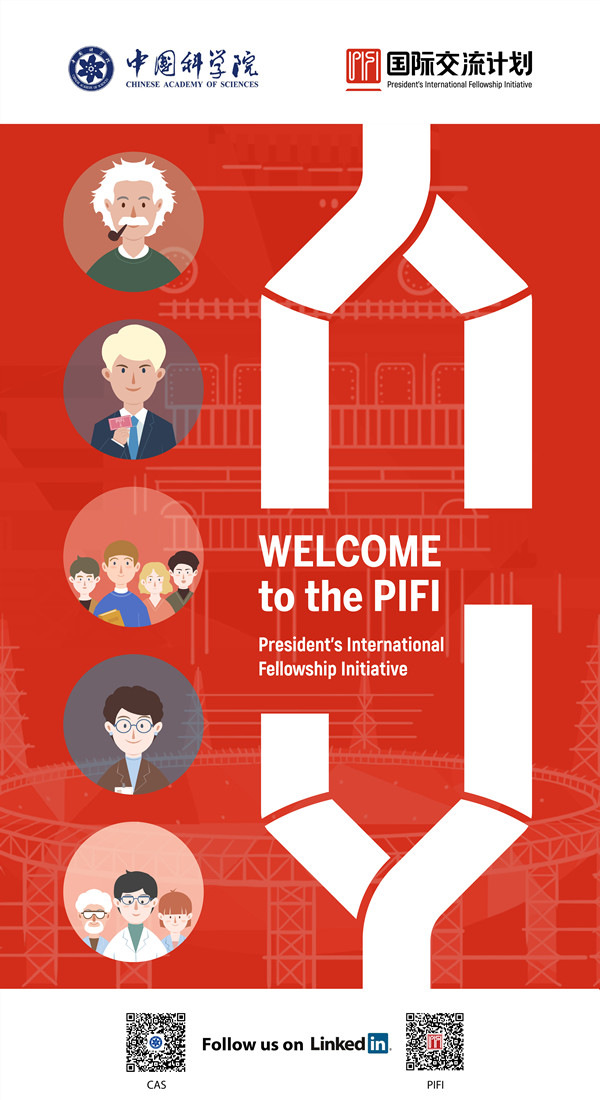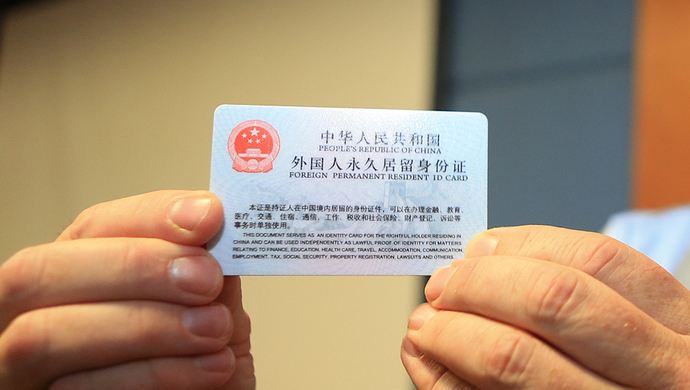
At best, a cover letter can help a job-seeker stand out from the pack. At worst, it can make a promising candidate seem like an uncreative cut-and-paster. Sadly, the vast majority of cover letters read essentially the same: Retreads of resumes that ramble on while repeating the obvious. Would you read one of these to the end if it were put in front of you? Probably not, and nor would most hiring managers.
Of course, the Internet is full of tips and tutorials on writing a cover letter, but few of them give much useful information other than the obvious ("Use good grammar!"). So I got to thinking about what cover letter tips and techniques have served me over the years. I came up with these six golden rules for writing a cover letter somebody will actually want to read.
1) Don't repeat your resume
A lot of people write cover letters as if they were paragraph-form resumes. Fact is, your letter will be stapled (or attached to the same email) as your actual resume, so you can assume that they'll at least glance at it (and probably with a keener eye than your cover letter). Instead, use your cover letter to show personality, curiosity, and an interest in the field you are applying to work in. My favorite pro tip: Google GOOG +0.43%
2) Keep it short
Less. Is. More. Three paragraphs, tops. Half a page, tops. Skip lengthy exposition and jump right into something juicy.
3) Address Nobody
Sometimes, you don't know exactly who you should be addressing your letter to. Nix the generic and bland "Dear Hiring Manager" or "To Whom It May Concern". If you absolutely don't know who you should be addressing, then don't address anybody. Instead, just jump right into the body of the letter.
4) Send it as a PDF
Not every office computer can read .docx or .pages files, but virtually everybody can open a PDF file without any conversion. File conversions are bad for two huge reasons. First, they are just as likely to not bother and move onto the next applicant. And, second, conversions can
introduce formatting errors. Both are bad. (Note: This story originally suggested .doc files. Definitely better than .docx, but, as the comments pointed out, PDF is surely better. It can't be easily tampered with, and you have more control over how it appears on somebody's screen.)
5) Never ever, ever use the following phrase
"My name is ___, and I am applying for the position as ____".They already know this, and you'll sound inexperienced.
6) Close strong
Finish off by quickly (and I mean quickly) explaining how your experience or worldview will help you at the job. That's key. That's the closer. And it can be done in one to two seconds. If it goes any longer, you're just rambling.
Source from: https://www.forbes.com/sites/sethporges/2012/08/29/6-secrets-to-writing-a-great-cover-etter/#5abf12e173d7









 京公网安备 11011202001511号
京公网安备 11011202001511号